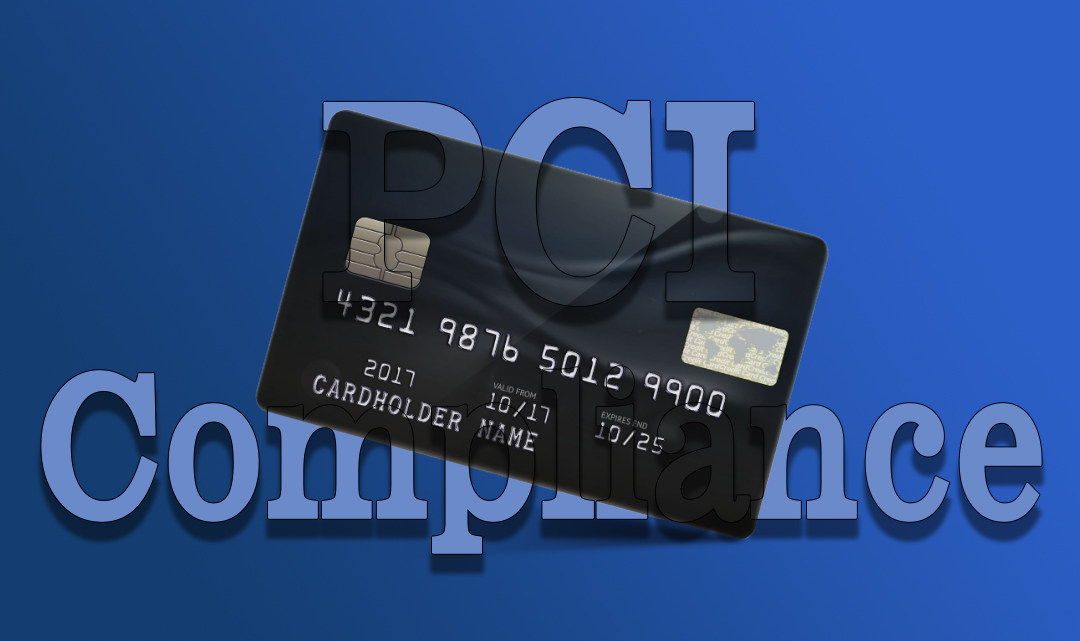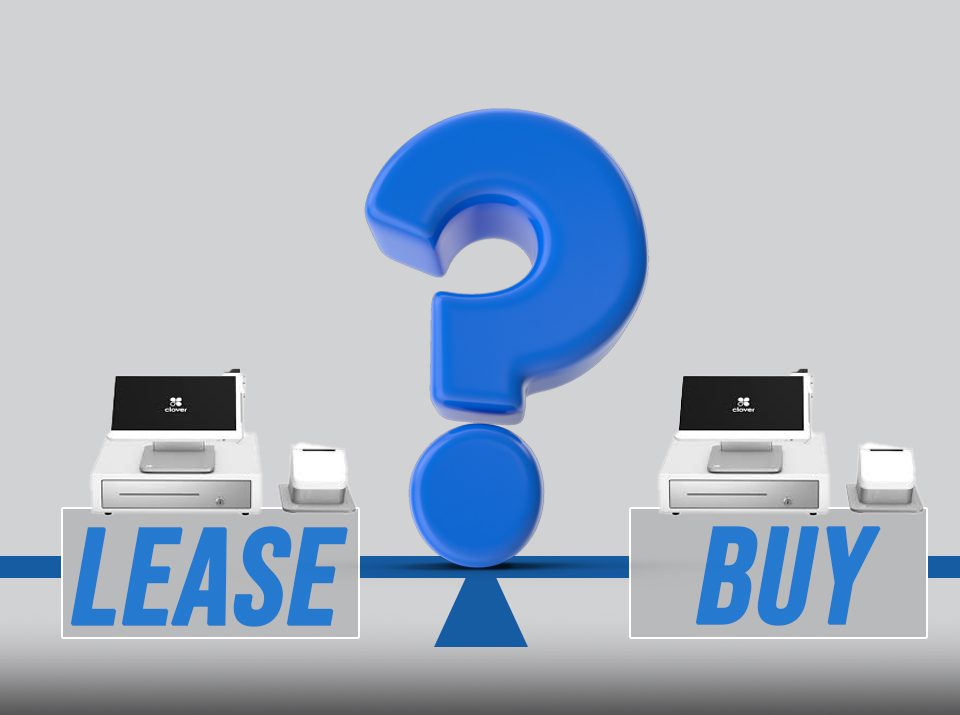PCI Compliance: A Crucial Step for Businesses Applying for a New Merchant Account

What Small Businesses Need to Know Before Signing a Contract for Credit Card Processing
February 29, 2024Establishing an online presence is not just an option; it's a necessity. With the rise of e-commerce, businesses are increasingly reliant on digital transactions to drive revenue. However, with this digital expansion comes the critical need for security measures to protect sensitive financial information
What is PCI Compliance?
PCI compliance refers to adhering to the standards set forth by the Payment Card Industry Security Standards Council (PCI SSC) to ensure the secure handling of credit card information during transactions. The goal is to protect cardholder data and prevent data breaches, fraud, and theft.
The Importance of PCI Compliance for New Businesses
1. Protecting Customer Data:
New businesses often overlook the importance of safeguarding customer data. However, failing to protect sensitive information can lead to severe consequences, including financial loss, reputational damage, and legal repercussions. PCI compliance provides a framework for securing this data, ensuring that customer trust remains intact.
2. Avoiding Fines and Penalties:
Non-compliance with PCI standards can result in hefty fines and penalties imposed by credit card companies and regulatory bodies. For a new business, these financial burdens can be crippling, potentially undermining the viability of the enterprise before it even gets off the ground.
3. Enhancing Reputation and Trust:
In today's hyper-connected world, news of data breaches spreads rapidly and can irreparably damage a business's reputation. By demonstrating PCI compliance, businesses signal to customers that they take data security seriously, thereby enhancing trust and credibility.
Steps to Achieve PCI Compliance
1. Determine Your PCI Compliance Level:
PCI compliance levels are determined based on the volume of credit card transactions processed annually. There are four levels:
- Level 1: Over 6 million transactions annually
- Level 2: 1 to 6 million transactions annually
- Level 3: 20,000 to 1 million e-commerce transactions annually
- Level 4: Less than 20,000 e-commerce transactions annually
2. Complete a Self-Assessment Questionnaire (SAQ):
The SAQ is a set of questions designed to assess compliance with PCI DSS (Data Security Standard) requirements. The questionnaire helps businesses identify areas where improvements are needed to achieve compliance.
3. Implement Necessary Security Measures:
Based on the SAQ results, businesses must implement security measures such as encryption, firewalls, access controls, and regular system updates to protect cardholder data.
4. Conduct Regular Security Audits:
Regular audits are essential to ensure ongoing compliance with PCI standards. Businesses should conduct internal and external security scans and assessments to identify vulnerabilities and address them promptly.
5. Work with PCI-Compliant Service Providers:
When selecting payment processors and other service providers, ensure they are PCI-compliant. Working with compliant partners reduces the risk of non-compliance and strengthens overall security measures.
How to Avoid PCI Non-Compliance Fees
In addition to understanding the importance of PCI compliance and following the steps to achieve it, businesses must also be vigilant in avoiding PCI non-compliance fees. These fees can quickly accumulate and add significant financial strain to a business, especially for startups and small enterprises. Here's how to steer clear of PCI non-compliance fees:
1. Stay Informed:
Keep abreast of changes and updates to PCI DSS requirements. The PCI SSC regularly releases new guidelines and standards to address emerging threats and technologies. By staying informed, businesses can adapt their security measures accordingly and avoid falling out of compliance.
2. Conduct Regular Assessments:
Don't wait until an audit is imminent to assess your compliance status. Conduct regular internal assessments using the Self-Assessment Questionnaire (SAQ) and external vulnerability scans to identify any gaps or weaknesses in your security infrastructure. Addressing issues proactively reduces the risk of non-compliance and associated fees.
3. Invest in Security Training:
Ensure that your staff members are adequately trained in PCI compliance protocols and best practices. Educate employees on the importance of data security, proper handling of sensitive information, and recognizing potential security threats. A well-trained workforce is crucial in maintaining compliance and minimizing the risk of breaches.
4. Implement Security Controls:
Deploy robust security controls and protocols to safeguard cardholder data. This includes encryption, firewalls, access controls, and multi-factor authentication. Regularly update security software and systems to protect against evolving threats and vulnerabilities.
5. Choose PCI-Compliant Service Providers:
Partnering with PCI-compliant service providers is essential in avoiding non-compliance fees. Ensure that your payment processors, hosting providers, and other third-party vendors adhere to PCI DSS requirements. Request documentation certifying their compliance and periodically review their security practices to ensure ongoing adherence.
6. Respond Promptly to Security Incidents:
In the event of a security breach or suspected compromise of cardholder data, take immediate action to contain the incident and mitigate damage. Follow established incident response protocols, notify relevant stakeholders, and cooperate with forensic investigations. Timely and transparent response demonstrates a commitment to security and may mitigate potential non-compliance fees.
7. Maintain Documentation:
Document all aspects of your PCI compliance efforts, including assessment results, security policies, procedures, and training records. Comprehensive documentation not only demonstrates compliance but also facilitates audits and inquiries from regulatory authorities or payment card brands.




